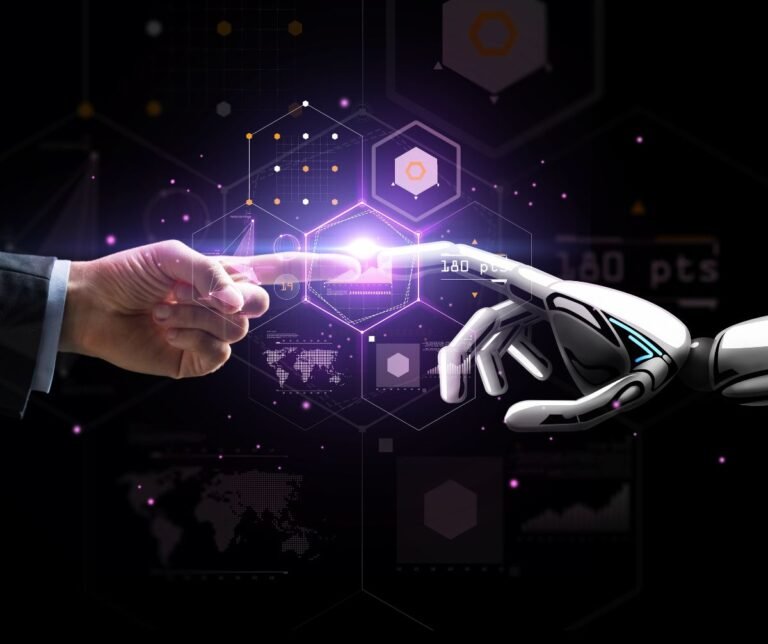
Artificial intelligence (AI) is transforming the labour market by simulating human intelligence and performing tasks that used to require human effort. Its rise is revolutionizing industries and reshaping employment dynamics.
Businesses around the globe are utilising AI technologies to enhance efficiency, simplify procedures, and gain an advantage over competitors.
This transformation in the labour market creates novel opportunities and apprehensions regarding the future of work.

AI has advanced significantly and can now process large amounts of information, recognize patterns, and make intelligent decisions.
AI-powered systems can surpass human abilities in tasks like data analysis, image recognition, natural language processing, and driving autonomous vehicles.
Impact on Job Roles and Skills
AI is increasingly capable of automating jobs with repetitive tasks and predefined rules. This necessitates the acquisition of new skills that complement AI technology, such as creativity, emotional intelligence, problem-solving, and critical thinking.

The Emergence of New Job Opportunities
AI replaces some jobs but creates new opportunities. Humans can focus on higher-level tasks while machines handle mundane ones.
Industries like data science, machine learning, robotics & AI development are growing, requiring skilled workers.
AI isn’t meant to replace humans, rather it enhances human capabilities. The best organizations utilize a collaborative approach where AI and humans work together.
AI can handle data analysis and automate processes, while humans provide creativity, empathy, and strategic thinking.

The implementation of AI in the workforce raises ethical concerns related to data privacy, algorithmic bias, job displacement, and socioeconomic impact. It is essential to establish guidelines and frameworks to ensure responsible and equitable AI integration.
While there are concerns about job displacement, it is essential to recognize the new opportunities and roles that AI creates.
By embracing collaboration between humans and machines, we can harness the full potential of AI to drive innovation, increase productivity, and shape a future of work that benefits both individuals and society as a whole.